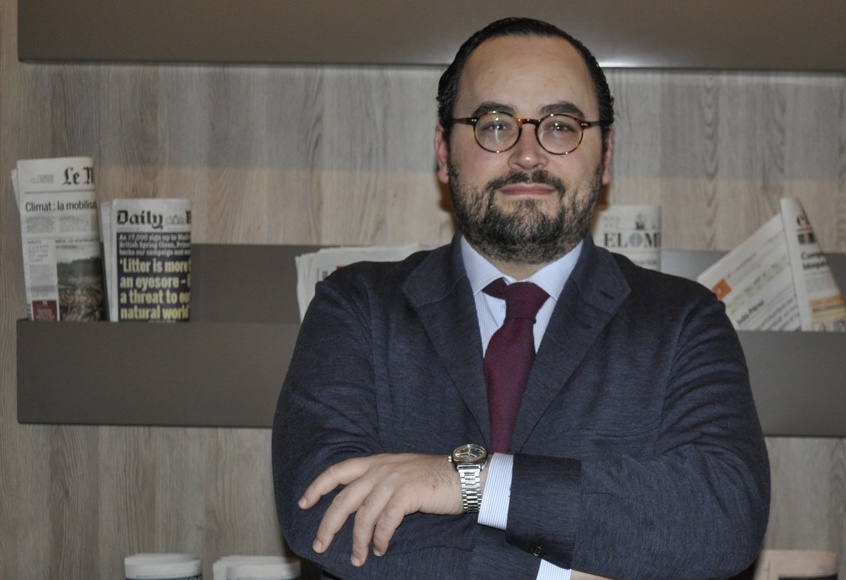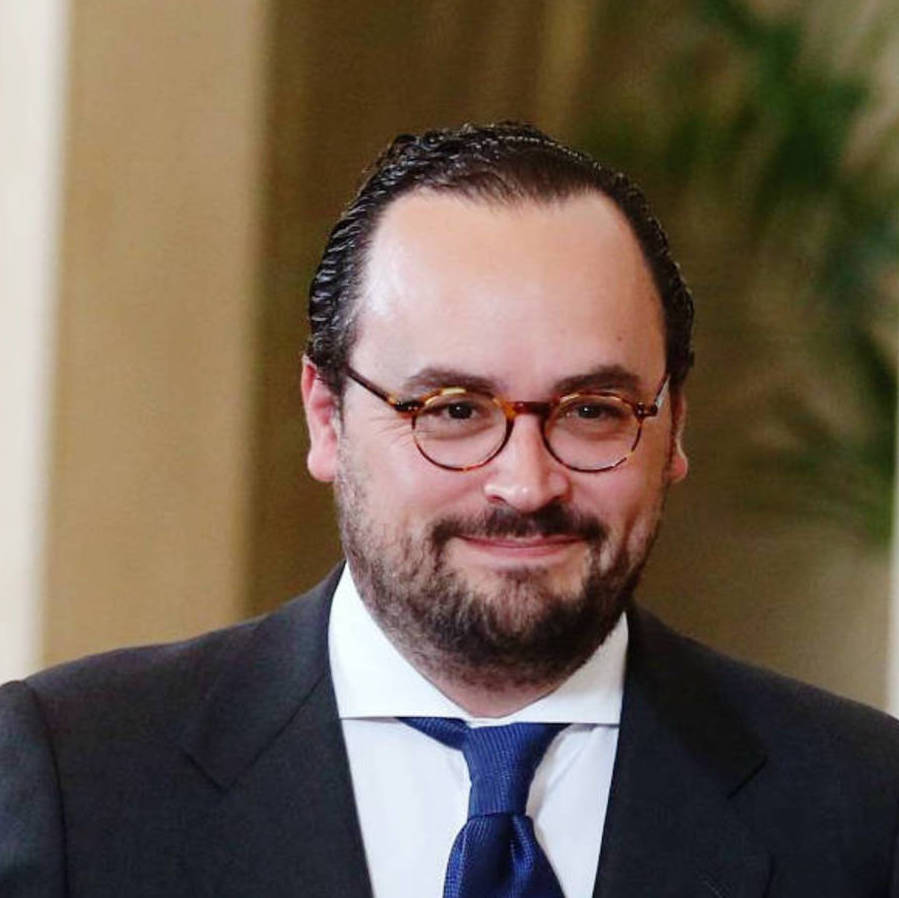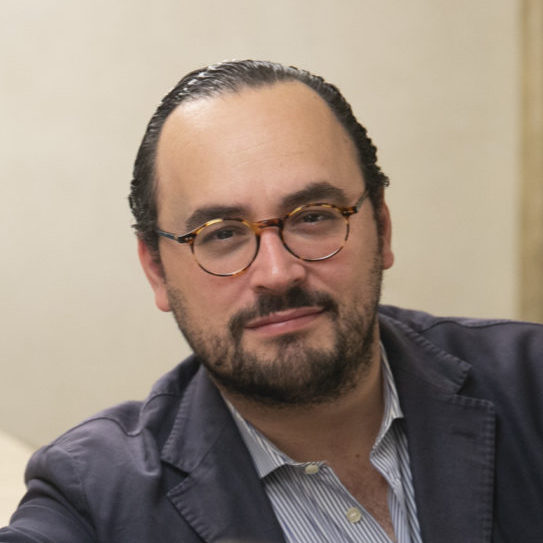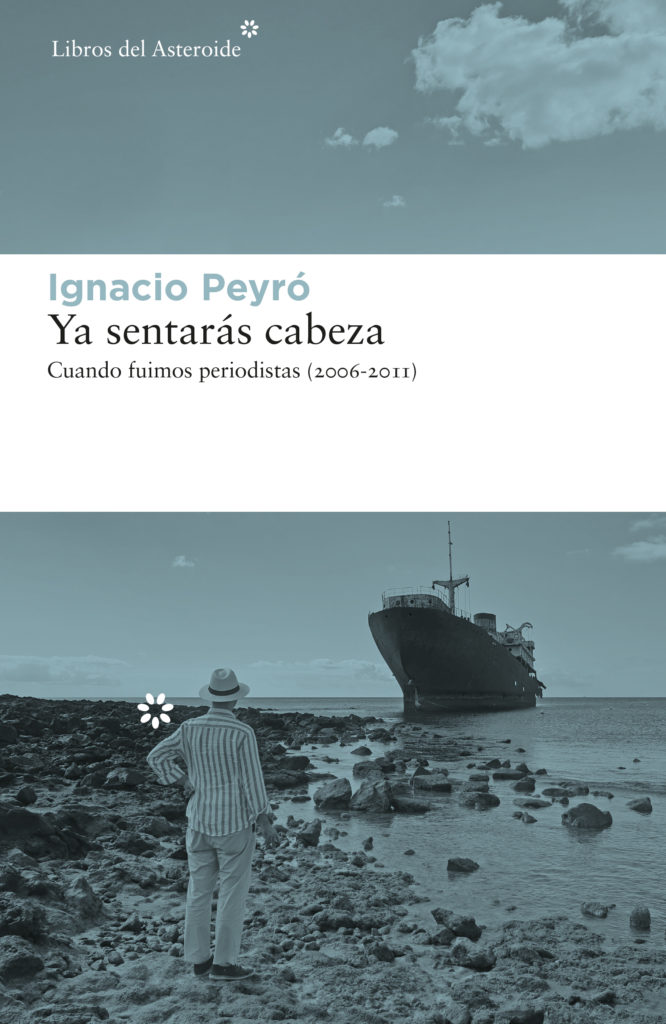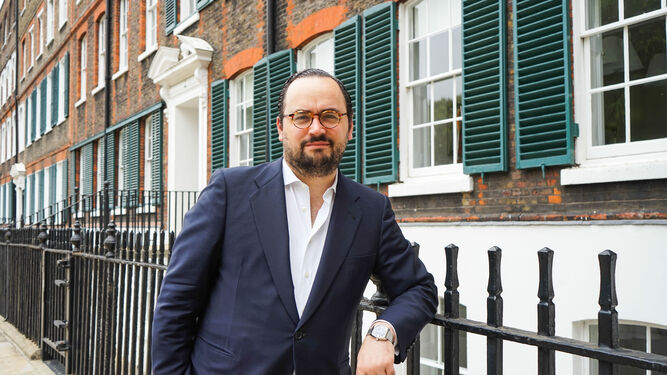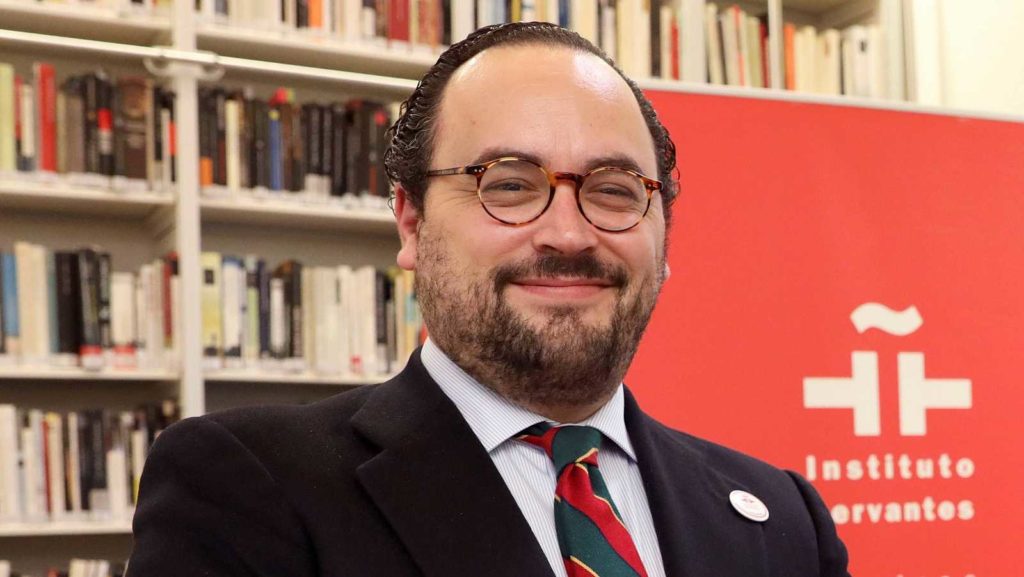FHB interview with IGNACIO PEYRÓ, Trustee of the British Hispanic Foundation
In the prologue of his last book, Ignacio Peyró compares the Thames and its powerful and muddy tides with the life of a Londoner, marked by the inevitable comings and goings of the water and a daily life which is not always as obvious as it seems. But his truly British publication – which reflects his devotion for the country in which he works as Director of the Instituto Cervantes – is “Pomp and Circumstance, a Sentimental Dictionary of English Culture”. He’s spent quite some time observing, analysing and writing about the different components of what we call “British”. Which is why we decided to ask him directly what he feels “Britishness” actually is.
ISABEL AIZPÚN
Madrid, Mayo 2021
Despite your latest book “Ya sentarás Cabeza” not being set in London, in the prologue you refer extensively to the City and the River Thames. Does your affection for London and the United Kingdom go back beyond your arrival at the Instituto Cervantes and how is it that you know British culture so well?
In the end, I suppose it’s almost inevitable that we’re all anglophiles at heart: the presence of British culture in everything from music and literature, to some of the most mundane objects is everywhere in our lives. An attraction for life on the Isles, and all aspects of its culture, politics and leisure, has been present in Europe throughout the past few centuries, stretching back to Voltaire all the way to the post-war years. Of course, it’s ultimately a dialogue – the UK has also received lots of inspiration from the Continent. For my part, my relationship with what we might call “British” is personal and intellectual in equal measure.
Your “sentimental dictionary” covers everything from Churchill, the Monarchy or Shakespeare, to Lady Di or the Rolling Stones. In total, over a thousand pages that bring us closer to all dimensions of British culture. What led you to taking on such a Project?
I thought it was a culture which given its humour and light touch fitted in perfectly with a book of this type. A book which is both personal and literary but not too arbitrary.
Having finished the book, what do you think “Britishness” is all about?
Contrary to the French preference for precision, something characteristically British is being somewhat flexible when it comes to definitions.
Do you not contemplate adding new words to what is ultimately an encyclopaedia? Say, “Brexit”, for example.
I don’t quite rule out a few, small updates in a few years’ time… but the book is finished. Everything to do with Brexit is spread out here and there under different entries such as “continent”.
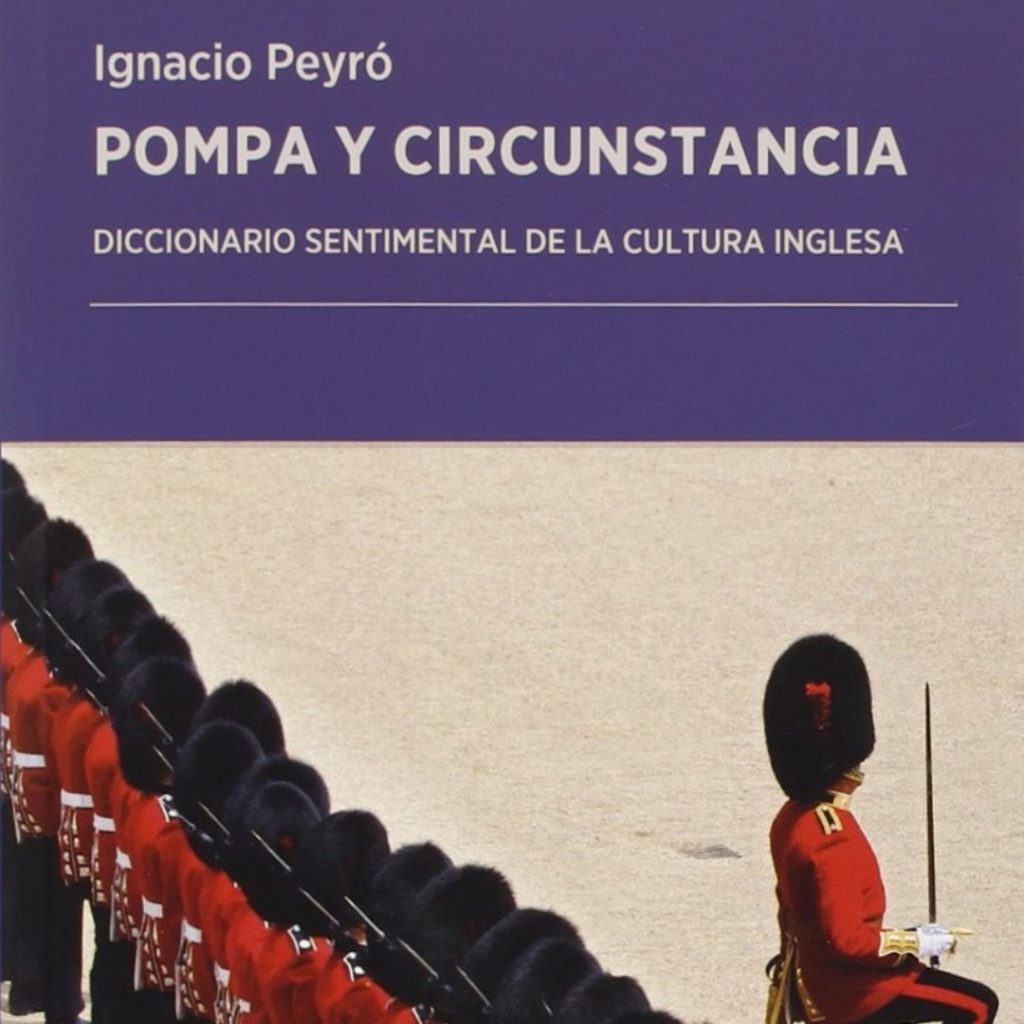
As a journalist, observer and fully-fledged Londoner, do you think anything has changed since Brexit? Anything we might not have noticed from outside the UK?
Now you have to pay at customs and the free of movement of goods and people is much more difficult. With regards to the rest, nothing much has changed.
What do you think the history books will have to say about Brexit?
The future is not yet written. In any case, it’s a sovereign decision which much be respected and with which one must simply work with.
You’ve previously said and I quote: “I’ve written several books and always with a somewhat disconcerting feeling. That is that despite spending a lot of time I have this feeling that books have a rather curious way of writing themselves.” Are there any new publications on the horizon? Any upcoming projects?
There’s a couple books with a somewhat British flavour on the horizon. One, in particular, which is relatively imminent.
Do you miss journalism?
Not really because I’m still involved. I write in El Confidencial every two weeks and sometimes for El Mundo, ABC or El País. On the other hand, I don’t feel like going back to an editorial department but I do like the idea of having been in several.
As a Trustee what do you think the British Hispanic Foundation’s role should be?
If the purpose of civil society as a bridge to bring people and societies together has always been important, this role is now as crucial as ever. Particularly as the bilateral relationship grows in relevance. In this regard, I can only celebrate the enthusiasm and work ethic I have seen at the Foundation.
